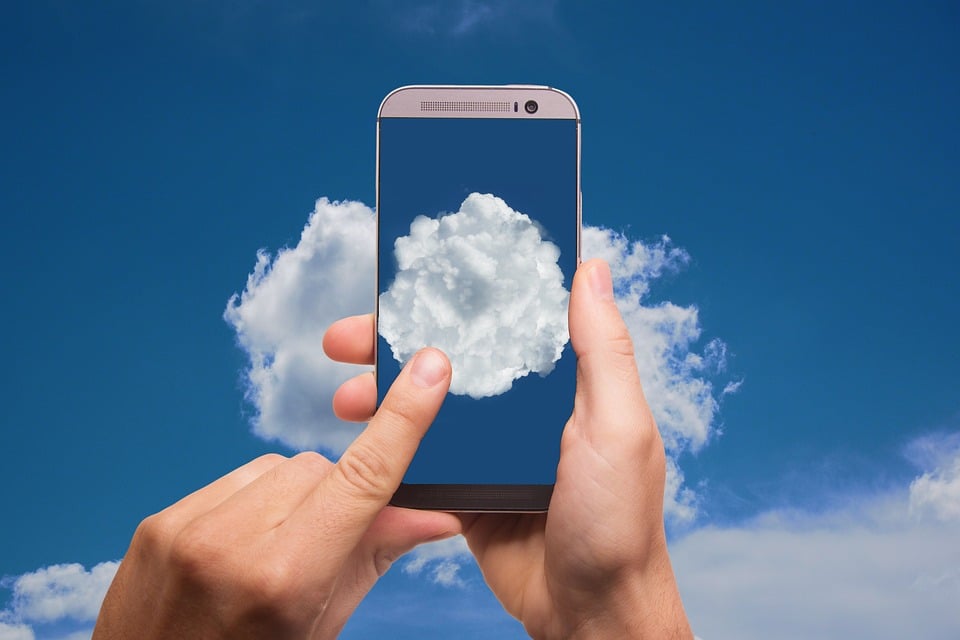
Cloud Computing is a network of remote servers that are hosted on the Internet to manage, store and process data. It refers to the services that are provided by a collection of remote servers over a network. Cloud computing has helped improve the world's economy tremendously. Those in the retail, as well as other industries, are seeing a huge potential with cloud technology and most of them are actually using it to their advantage. With more companies realizing how cloud computing can reduce their IT costs and simplify systems, the competition leveraging cloud is also increasing.

5 Ways Cloud Computing is Useful for Retail Industries:
1. Improved Channel Operations:

Retailers who have not moved to the cloud are still running on outdated systems and operating models that are out of step with current market trends. Cloud-based solutions can simplify the systems and deliver more personalized customer experience. Retail as a Service (RaaS) can integrate the different verticals like inventory and order processing thus improving your restocking capabilities. The best advantage of moving to the cloud is the flexibility pay as you use. In short, lower costs and higher efficiency.
2. Higher Supply Chain Visibility:
With cloud computing, retailers can have an enterprise-wide supply chain visibility. With the cloud, retailers can have supply chain systems capable of adequately handling their business without stock-outs, expedited deliveries, or high inventories. Cloud also helps to capture real-time status of consignments, digitized documents from suppliers, carriers, logistics providers, brokers etc.
3. Better Merchandising Decisions:
Cloud computing and Big Data can provide meaningful insights about customer preferences that can help in making merchandising decisions. Retailers can analyze customer buying trends and can decide about what to stock, how to stock and how to promote. It also lowers the time to market for retail goods.
Read More: Using Market Basket Analysis to Predict Future Purchases of Customers
4. Personalized Customer Service:
Personalised customer service can extend from to offers based on buying patterns to customer success management. Big data can provide real customer insights and hence helps retailers to offer more personalized offerings and customer service. Cloud services can merge the in-store data with the digital data to offer best solutions to their customers.
5. Better Insights into Business Performance:

With cloud computing, retailers can have an enterprise-wide supply chain visibility. With the cloud, retailers can have supply chain systems capable of adequately handling their business without stock-outs, expedited deliveries, or high inventories. Cloud also helps to capture real-time status of consignments, digitized documents from suppliers, carriers, logistics providers, brokers etc.
Read More: 5 Uncommon Ways of Using Big Data in Retail
In all, the power and flexibility of cloud technology can be utilized to improve customer experience, cut down on costs and make the overall business process more efficient. If you are looking for cloud solution partners to scale up your business than feel free to contact us.

What is Mobile Cloud Computing? 5 Ways to Leverage Cloud for Mobile
Cloud computing is the use of remote computing technology for scalable use over the internet. Mobile cloud computing (MCC) is the technique which...

5 reasons: Why Startups should consider Cloud Computing
What is Cloud Computing?



